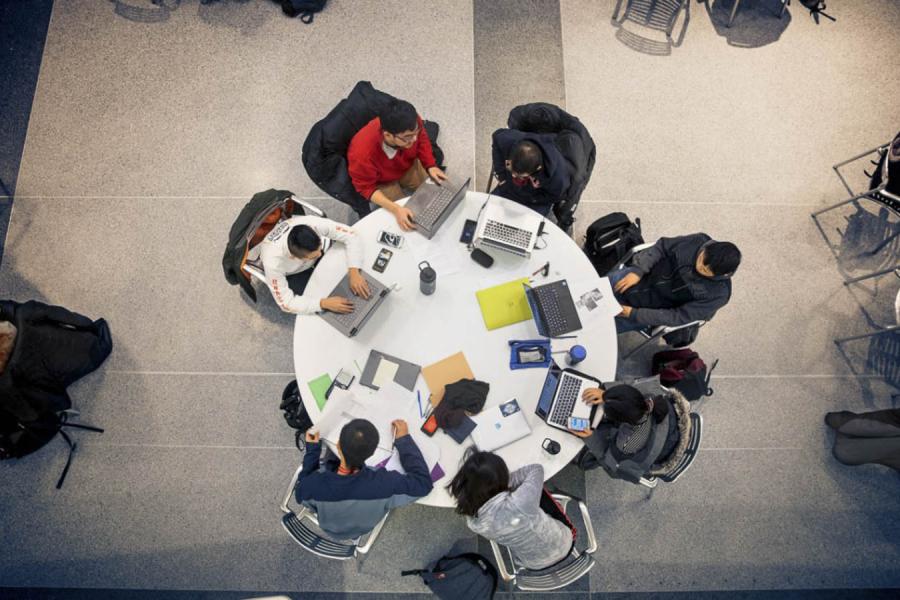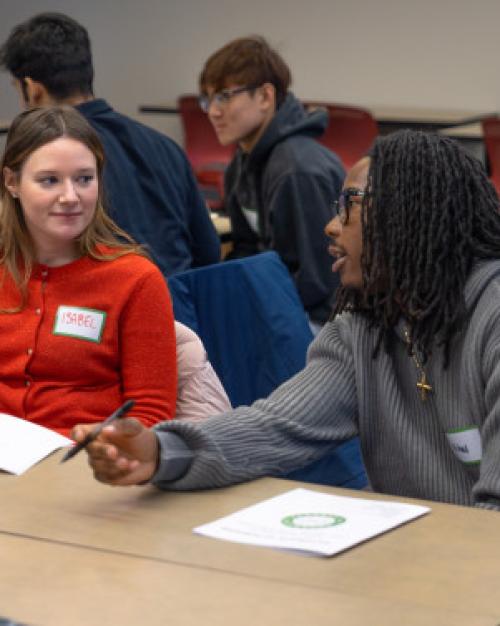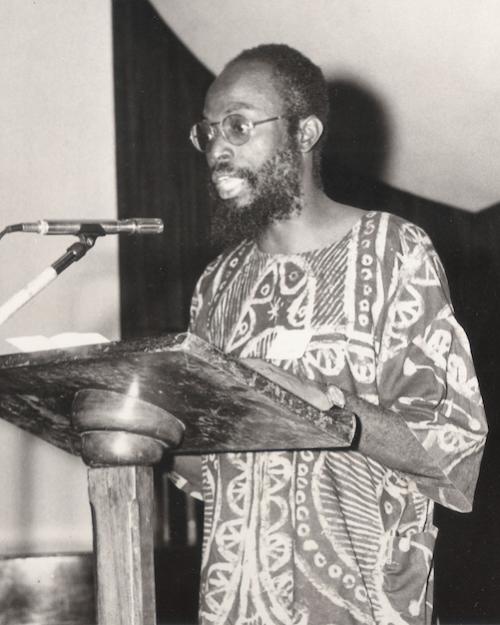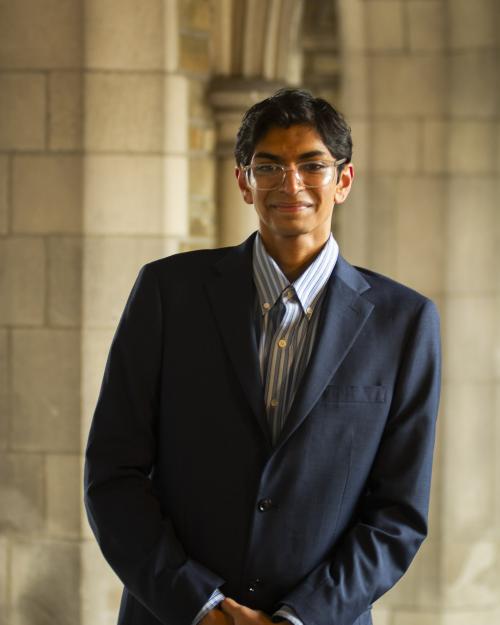This is the first in a series of columns this month written by Arts & Sciences Student Ambassadors.
Before coming to Cornell, I knew reading and writing were where my heart lie. When I first read Toni Morrison’s (my favorite Cornell alumna) seminal novel, "The Bluest Eye,” I fell in love with the prospect of burying myself in text and history to make sense of the world.
But while I was firmly rooted in the humanities, I was still fascinated with the world of computer science. Beyond my amazement at how just a few lines of code could be consequential for millions of people, I was interested in how burgeoning AI programs intersected with the criminal justice system and legal processes.
Cornell’s College of Arts & Sciences is unique because it encourages us to explore these intersections. The distribution requirements push students to build a breadth of knowledge and understand that disciplines are intrinsically connected. While I always knew I wanted to study government, I also enrolled in CS 2110: Object Oriented Programming and Data Structures. Throughout this course, I learned about concepts like recursion and data sorting, which opened my mind to computational complexity. The course was challenging and I quickly realized I was not interested in a career in software engineering.
Despite leaving the course knowing I no longer wanted to pursue a computer science major, I left with a lesson I hope to imbue on new students: be patient with yourself as you explore your interests in and out of the classroom. It is unreasonable to expect 17- and 18-year-old kids fresh out of high school to know what to study and what we want our post-graduate careers to be. Thus, take advantage of the college’s opportunity to explore, but also be kind to yourself and allow yourself to move on from something.

My experiences with exploration also pushed me to uncover new interests. During my second semester, I enrolled in Professor Rachel Judith Weil’s “History of Imprisonment” course to fulfill the historical analysis distribution requirement in A&S. As I moved through the class, I fell in love with Cornell’s history department and decided to pursue a history minor. When you maintain an open outlook, there will always be opportunities you didn’t consider.
Another example is my time in Cornell’s South Asian Council (SAC). I initially joined SAC to plan celebratory events like Mock Shaadi, an annual celebration of wedding customs across South Asia. As I immersed myself in SAC’s advocacy work, I became inspired to lead Chai & Chats on salient topics, like colorism and the legacies of colonialism. Joining SAC instilled my desire to learn outside of the classroom. While we learn from world-class faculty daily, we also have access to an incredibly diverse and wise student body. Extracurriculars should be fun, but they can also inspire learning and personal development.
The last bit of advice I want to share with new students might seem obvious: time is limited. When you are constantly around ambitious students, it is easy to over-commit or lock yourself in the library. During my freshman fall, choosing sleep or hanging out with my friends over studying an extra hour for an upcoming exam felt wrong. Yet, as someone about to graduate and attend law school, hear it from me: it is OK to take a break. This semester, there have been many times when I told myself in the morning that I would spend the entire evening writing my thesis, yet by nighttime, I chose to catch up on sleep or get frozen yogurt at Jason’s Convenience with my friends. For most people, we experience college once. Yes, complete your work to the highest quality possible. But also, remember that you are a human being who needs balance.




